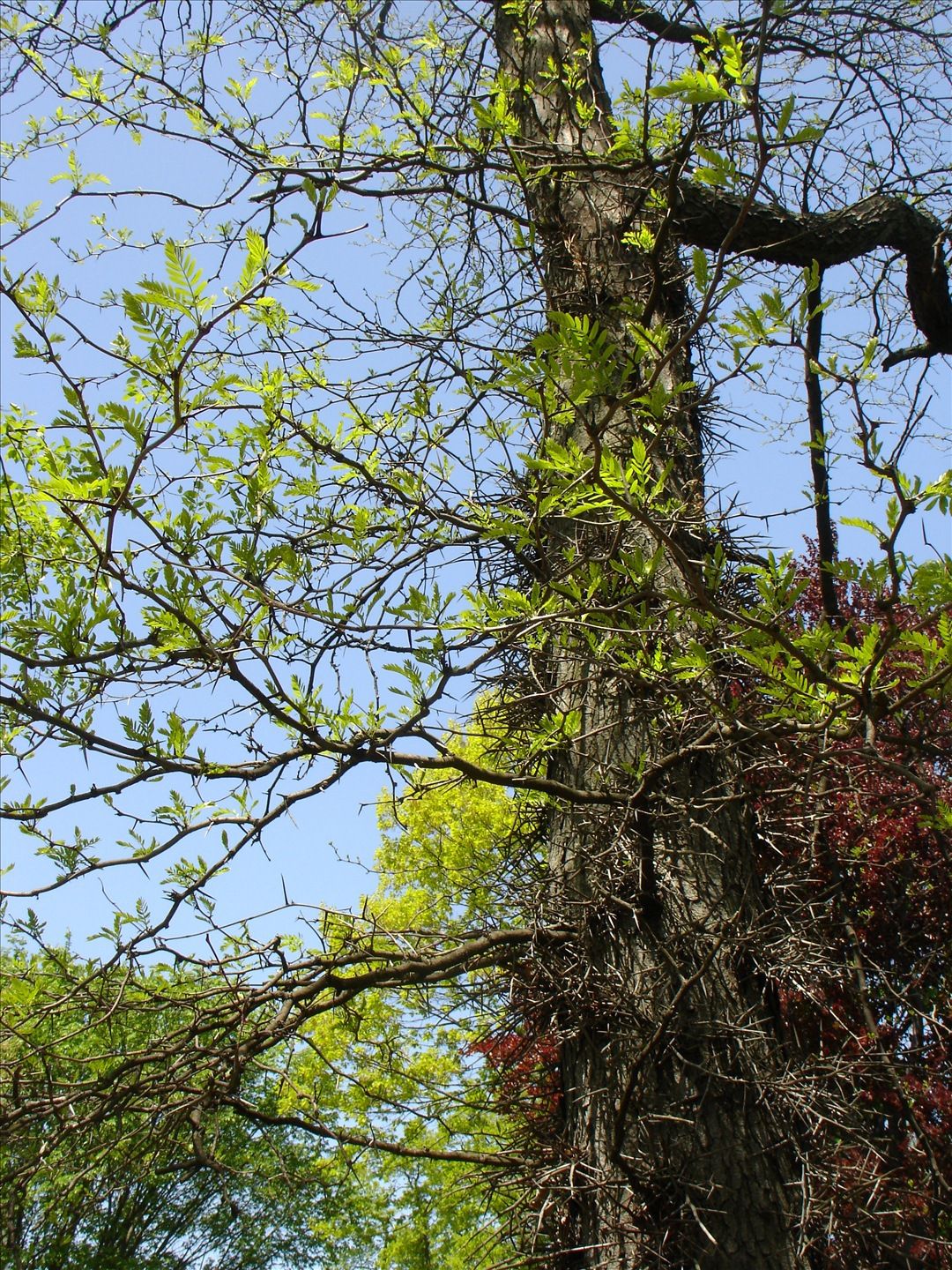-
 MySQL
MySQL
-
 Spermophilus
Spermophilus
-
 Myrmecophagy
Myrmecophagy
-
 Natural disaster
Natural disaster
-
 Carabidae
Carabidae
-
 Structural formula
Structural formula
-
 Porphyry
Porphyry
-
 Nectar
Nectar
-
 Ferromagnetic
Ferromagnetic
-
 Epithelium
Epithelium
-
 DTS
DTS
-
 Black locust
Black locust
-
 Nucleoside monophosphate
Nucleoside monophosphate
-
 Somatic
Somatic
-
 Falconry
Falconry
-
 Neurotrope
Neurotrope
-
 Risk factor
Risk factor
-
 Bacillus thuringiensis
Bacillus thuringiensis
-
 Coanda effect
Coanda effect
-
 MMS
MMS
-
 Tutorial
Tutorial
-
 Spherolite
Spherolite
-
 Caulinary
Caulinary
-
 Annular eclipse
Annular eclipse
-
 Breast-shield
Breast-shield
-
 Lymph
Lymph
-
 Ion exchanger
Ion exchanger
-
 Solstice
Solstice
-
 Cauliflower
Cauliflower
-
 Elementary particle physics
Elementary particle physics
Honey locust
The honey locust is a tree that can reach heights of 20 to 25 metres. Its fruit are pods that look like bean pods.

The honey locust has impressive thorns. © Janet Powell, Flikr CC
Names
The honey locust (Gleditsia triacanthos), a member of the Leguminosae family, or of the Caesalpiniaceae, is also called the "thorny locust" or "three-thorned acacia". Its Latin name pays tribute to an 18th century German botanist, Gleditsch.
Botanical description
This lofty tree is characterised by a thorny trunk. Its top is rounded and slightly flat at the summit. Its crown is not very dense and is tiered. Its bark is smooth and gleaming in young trees, grey and covered with deep furrows and scaly ridges in mature trees. Its leaves are deciduous, alternate and biparipinnate, with many small elliptical folioles, lanceolate and whole at the top. Their colour is a slightly yellowish green, especially on the underside and a beautiful pale orange shade in autumn. The honey locust is a monoecious species and produces clusters of flowers in June. Male and female flowers are separate, and both are a greenish colour and barely visible. In autumn its long pods hang down measuring 40 to 50 centimetres. The pods are often bent and contain flat small brown seeds.

Gleditsia triacanthos. © Weed One
Origins
The honey locust comes from Canada and China. It appeared in Europe in 1700.
Growing conditions
This tree especially grows in sandy soils or in wet, clay soil. It also thrives in rich alluvial soils, even if it tolerates drier, calcareous land.
Use
The honey locust is a beautiful ornamental tree. Its hanging fruit are edible. In the past, people would extract and then ferment an eau-de-vie from the tree, and in China, its pods are used to make soap. In some places, it is used to create impenetrable hedges due to its thorns which are reminiscent of the acacia's thorns.
 The honey locust. © Genevia Wirth, Flikr CC
The honey locust. © Genevia Wirth, Flikr CC
Latest
Fill out my online form.



